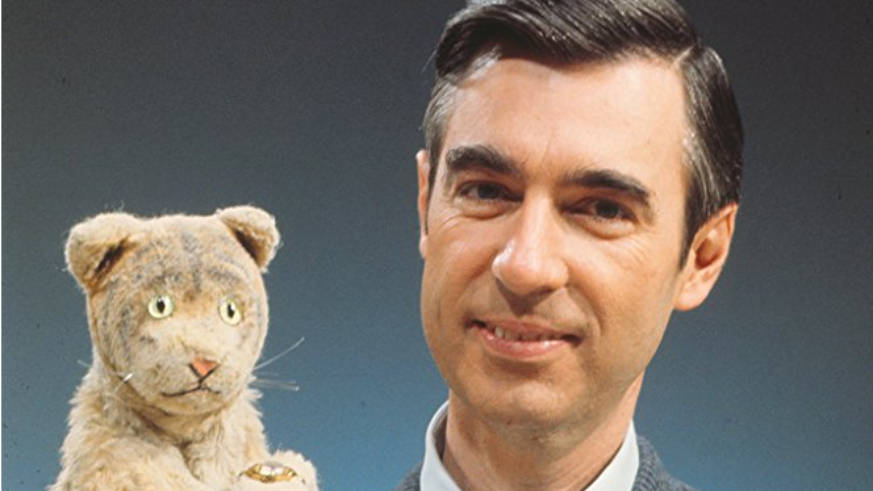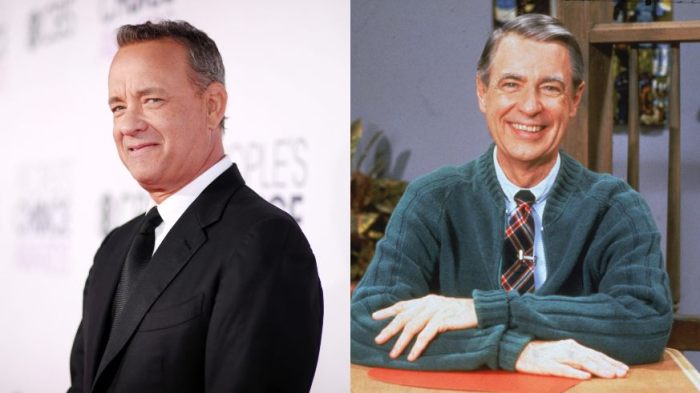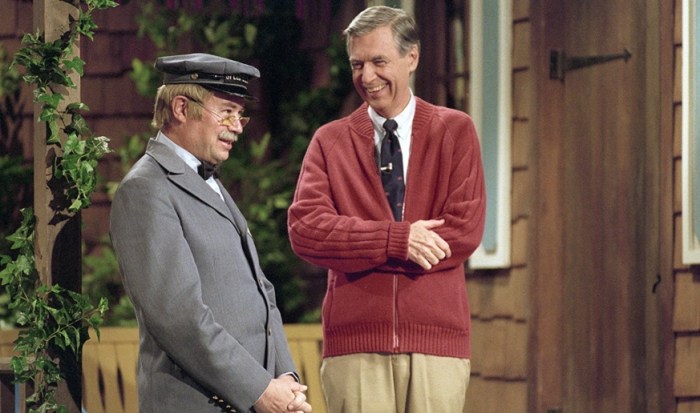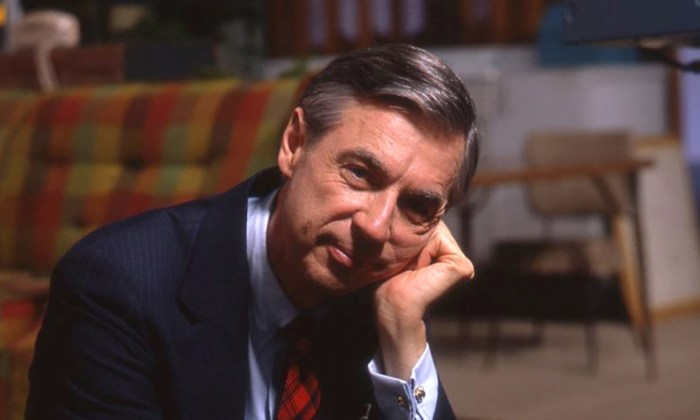We currently live in a very hostile world, where political differences are taken personally and people are focused solely on their differences rather than bonding over their similarities.
If you’re looking for a little light in this darkness, and for guidance on how to live a better life, then you really need to watch “Won’t You Be My Neighbor?,” the incredible documentary on the life and career of the beloved children’s television host Mister Rogers.
“Won’t You Be My Neighbor?” is an instant reminder of just how warm and positive Fred Rogers was, and the impact that he made on the world. The question is, though, would Rogers have been able to make this kind of impact today?
I recently had the chance to speak to Morgan Neville, the director of “Won’t You Be My Neighbor?,” who admitted that he doesn’t “think anyone would give him a TV show now.”
“Even in the 1980s Fred was saying, ‘If I came along today I wouldn’t have a TV show.’ I think he was a product of a very unique moment. For somebody like him to even have a show, someone that didn’t like television, who didn’t want to be famous, for him to have a show on for decades isn’t something that usually happens.”
At the same time, though, Neville still believes “there is a hunger for what he provided.”
“He spoke to children very effectively. Because he spoke in a very direct and emotional way. Children speak very direct and emotionally, they don’t hide their emotions like adults do. That’s why he connected with kids.”
“I feel like a lot of what he did for adults is now what we call mindfulness. This idea of, ‘Take 30 seconds and think about this. Breath in.’ A lot of what he is doing is actually just a way of being mindful and considerate and slowing down. Fred would be a pioneer of the slow culture movement.”
Neville also provided more context on what made Rogers’ “unique voice” so impactful.
“His show was unlike anything before or after it. But there was just a lot of common purpose. In America the foundation of television was deeply rooted in public service. Not just public broadcasting, as every broadcast network had it in their mandate public service.”
“Edward R Murrow and early broadcasters saw what they were doing as very important, The Fourth Estate, and an important part of the culture and part of how a healthy culture works. News was a money loser, now it is a profit center. Yes, Mr Rogers was singular, but the whole culture has become less and less familiar to him.”
But while Rogers’ television persona was of a serene man that was just happy to influence one child that watched, Neville’s documentary reveals that the writer, producer, musician and star of ‘Mr Rogers’ Neighborhood’ became increasingly frustrated that the world wasn’t “listening to him.”
“On the surface he doesn’t seem to change very much. But if you look at him under a microscope you see that he does change.”
“Both as he sees the power that he has and the platform that he has. And as he sees the world not listening to him. I feel like the real dramatic tension in this story is between the purity of his message and a world that cares less and less.”
You can learn more about Fred Rogers and just how influential he was to children’s television now, as “Won’t You Be My Neighbor?” is in cinemas across the United States.






















